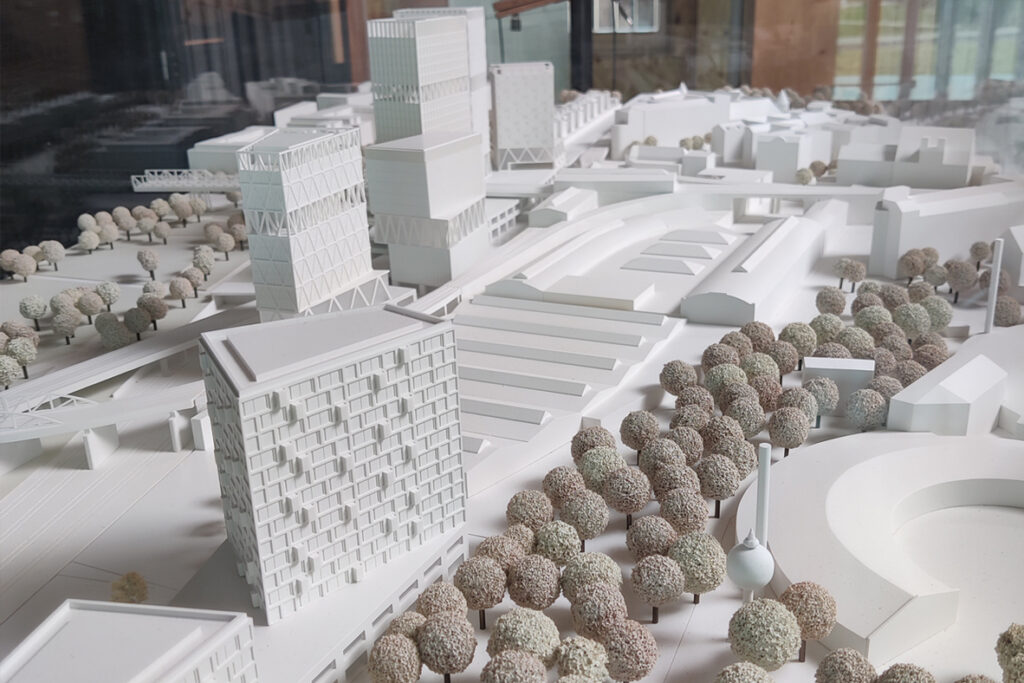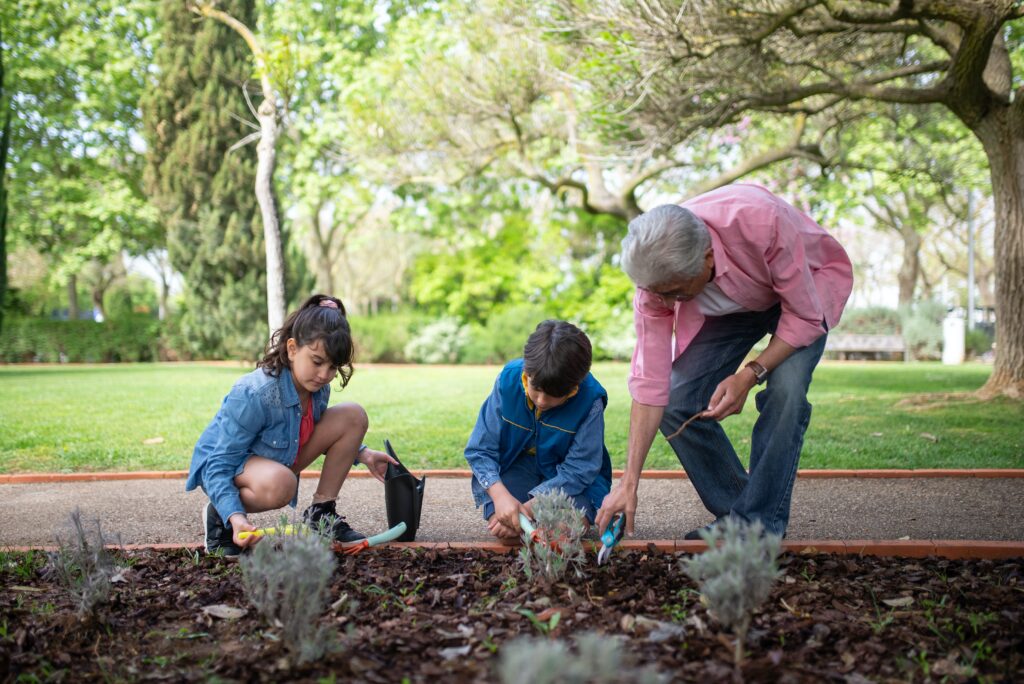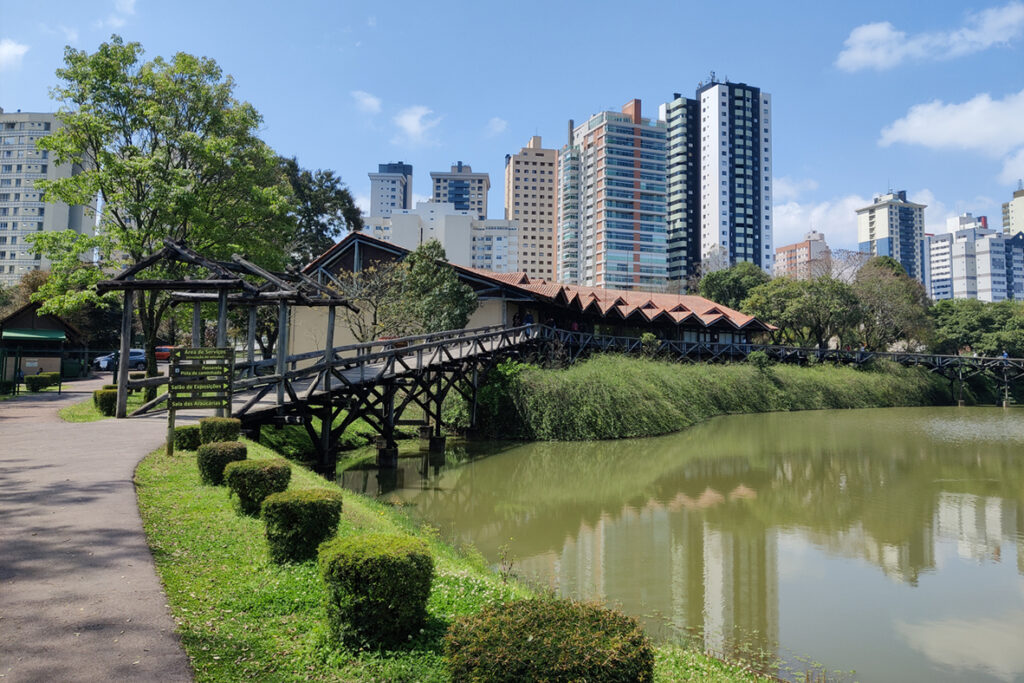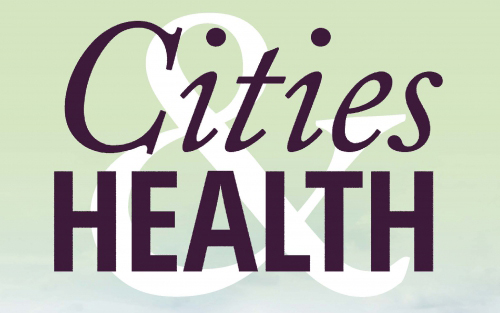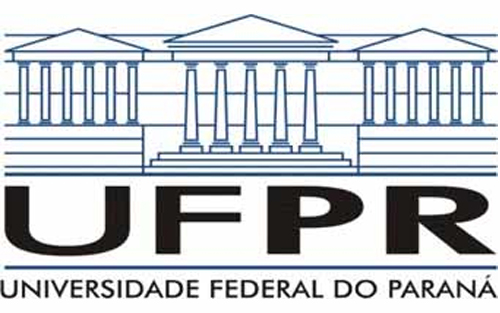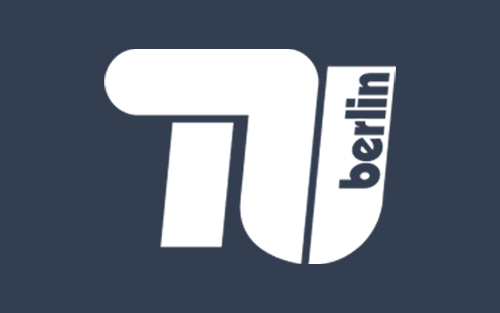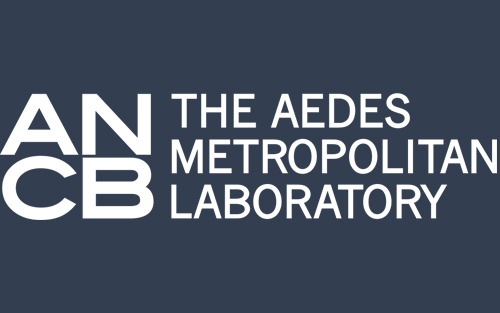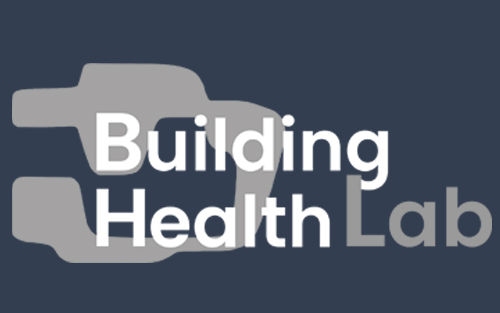
5 days of UrbanCare Dialogues with Brazil!

5 days of UrbanCare Dialogues with Brazil!
Playlist
These Five video clips highlight the crucial moments of knowledge exchange and the meaningful connections established during the UrbanCare Dialogues with Brazil.
August 28 to September 1 2023, Berlin, Germany
Playlist
These Five video clips highlight the crucial moments of knowledge exchange and the meaningful connections established during the UrbanCare Dialogues with Brazil.
August 28 to September 1 2023, Berlin, Germany
Overview
UrbanCare Dialogues are a five-day urban incubator to create investment-ready projects for health and well-being as the spearhead for sustainable development.
12 Municipalities from Brazil are invited to participate!
Local government representatives meet with urban health, climate, and financial access advisors for five days. Two days will build partnerships, and three workshop days will ensure proposals for streets and other public spaces are inclusive, green, and eligible for financing.
Registration is closed.
Explore the project ideas participating.
Welcome to the Report’s Executive Summary
What are the main results?
We are pleased to present the executive summary of the UrbanCare Dialogues Brazil Report, a collaborative effort among academic institutions, industry experts, and Brazilian municipalities to tackle the complex challenges of making urban projects healthy, green and bankable.
Spanning over 120 pages, the report details the UrbanCare project cycle’s innovative methodologies, specifically designed to assist municipalities during the early stages of ideation and planning. It places a strong emphasis on securing crucial funding and support backed by scientifically sound arguments.
Methodically organized, the report encompasses thematic discussions, evidence-based strategies, and comprehensive case structuring, offering a definitive guide for municipalities to bridge knowledge and investment gaps. It delivers strategic insights alongside practical tools ready for application in research, planning and design phases.
We invite you to discover valuable insights for cultivating urban environments that are sustainable, healthy, and economically robust.
Long list of participating project ideas
How it works!
1. A Municipality signs up to the Dialogues and upload an urban project idea on health inequity, mobility, or vulnerability to natural disasters.
2. Municipality representatives travel to Berlin and present their urban problems to advisors.
3. The advisors take notes and give input to all participants.
4. Municipalities form teams, and the advisors mentor a workshop to outline three documents:
The Project Profile; the Operations Development Proposal; and the Financial Proposal Draft.
1. Sign up
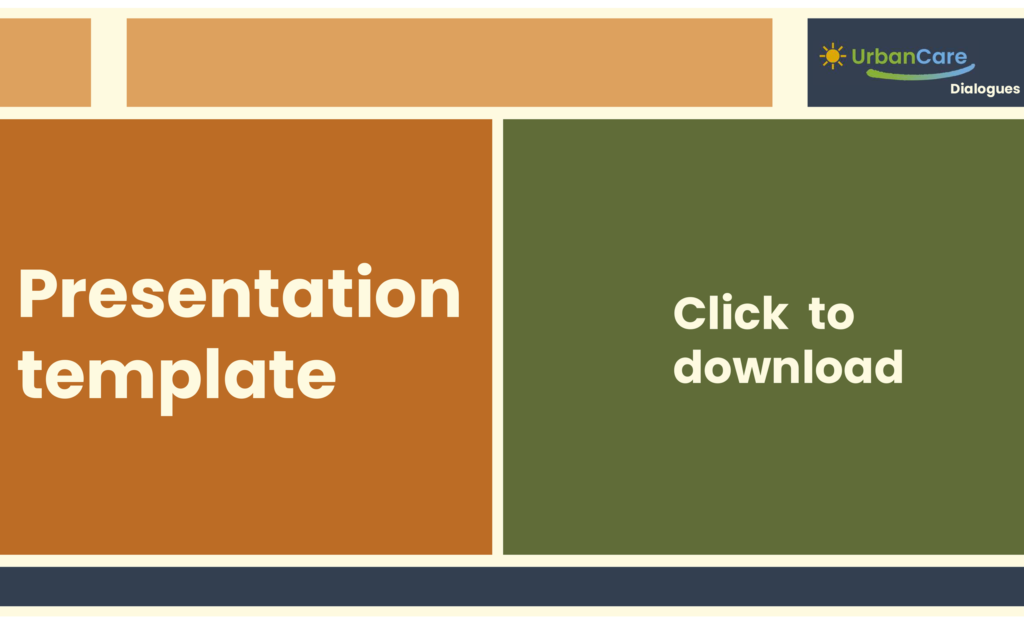
2. Problem
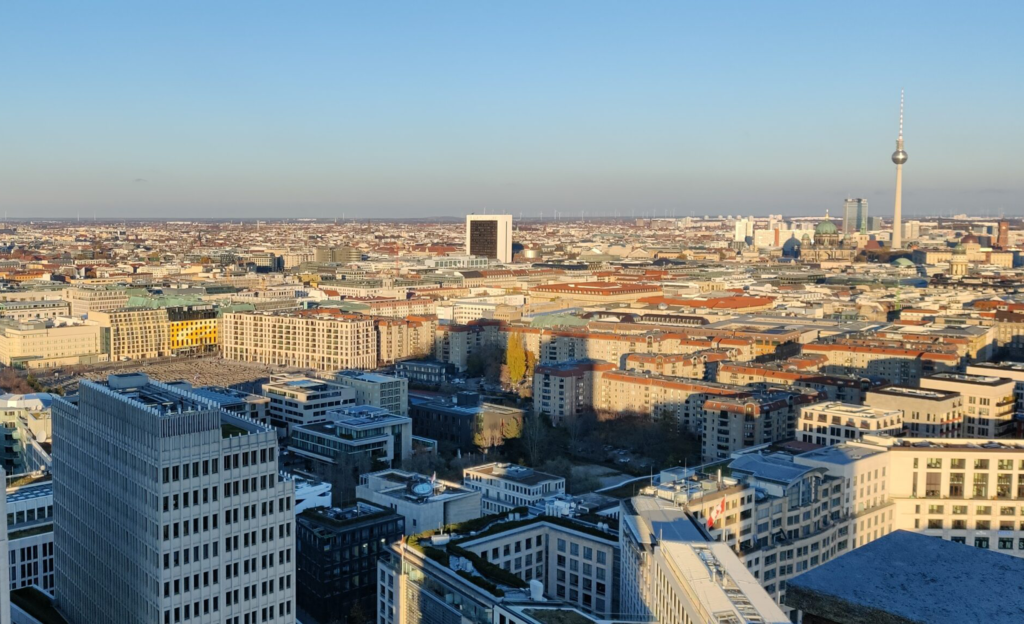
3. Advisory
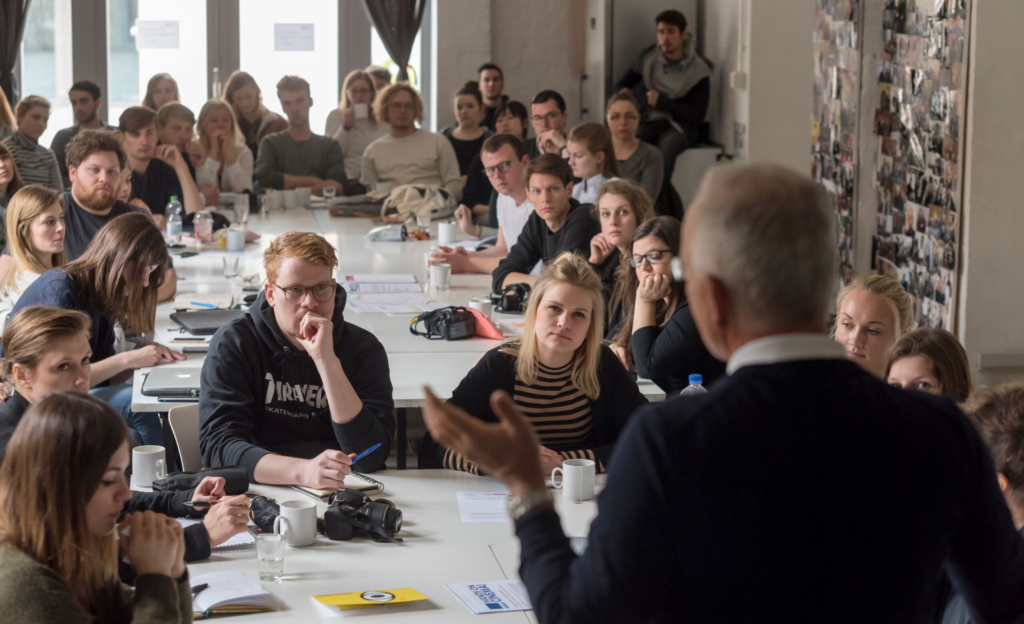
4. Workshop
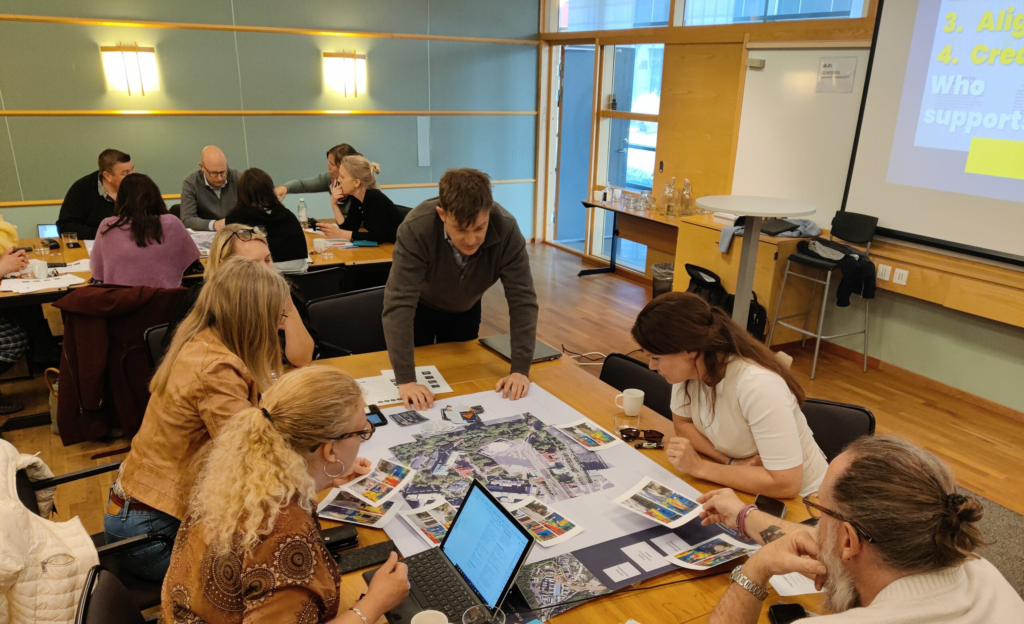
How it works!
1. Sign up

A Municipality signs up to the Dialogues and uploads two project concepts. One on transportation and urban development, the second on urban environment and natural disasters.
2. Problem presentation

Municipality representatives travel to Berlin and present their urban problems to advisors.
3. Advisory

The advisors take notes and give input to all participants.
4. Team work

Municipalities form teams, and the advisors help outline three documents:
The Project Profile; the Operations Development Proposal; and the Financial Proposal Draft.
About the sessions.
Morning sessions
Local Gov representatives present their urban problems and current situation. The introduction describes the sector and municipal secretary, data and stats pressing urban issues, ongoing or possible solutions, and details about management, execution, or financial obstacles in developing their projects. Q&A follows, where advisors take note of the issues for discussion in the afternoon sessions.
Afternoon sessions
Advisors take the floor to address the problems identified in the morning setting out evidence-based guidelines, instruments, and strategies. After each talk, a Q&A allow Gov representatives to resurface their local issues in search of solutions.
Three workshops allow Gov representatives and advisors to define project ideas into three documents required by most development banks and agencies: Project Profile, Operations Development Draft, and the Financial Proposal.
Expected results
The main outputs from the three workshop days are the proposal drafts seeking financial approval. Several learning outcomes describe the collaboration across all participants.
are to renew knowledge for developing project proposals by taking practical advice from evidence-based planning and design approaches that increase cost efficiency.
for planning experts and researchers are to have greater insight into technical and financial obstacles that local governments undergo in developing and implementing projects.
are consensus to offer customized programs, frameworks, and resources to set up sound and realizable project proposals for each municipality. Furthermore, harness shared know-how to establish a transdisciplinary exchange of tools, methods, and communication channels useful for other municipal governments in Brazil and from countries of the region.
